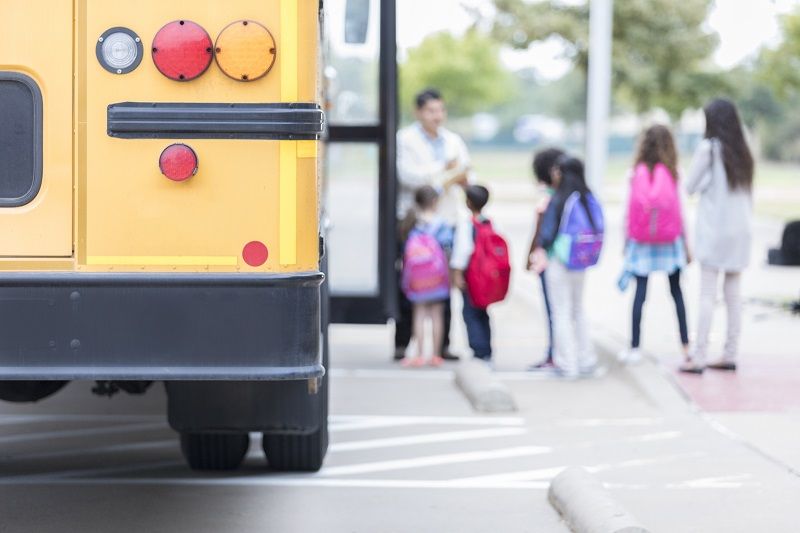By Kathryn Hickok and Steve Buckstein
Derrell Bradford has spent his adult life passionately advocating for education reform through parental choice. Bradford grew up in poverty in southwest Baltimore and received a scholarship that allowed him to attend a private high school, preparing him for college and a successful career. Better than anyone, he knows the power of educational choice to unleash a child’s potential.
“A scholarship is not a five-year plan or a Power Point…,” Bradford explained recently. “It’s a ticket to the future, granted today, for a child trying to shape his or her own destiny in the here and now….”
Choices in education are widespread in America, unless you are poor. Affluent families can move to different neighborhoods, send their children to private schools, and supplement schooling with enrichment opportunities. Lower- and middle-income families, however, are too often trapped with one option: a school in need of improvement assigned to them based on their ZIP Codes. Families deserve better.
Six years ago, Arizona became the first state to pass an Education Savings Account (ESA) law for some K-12 students. In April, lawmakers there passed a new ESA bill which expands the program eligibility to eventually include all Arizona children. Florida, Mississippi, and Tennessee also have ESA programs limited to certain students, such as those with special needs. Nevada also passed a near-universal ESA bill, but it is yet to be funded.
An Education Savings Account is analogous to a debit card for qualifying education expenses. It gives parents who want to opt out of a public school that is not meeting their child’s needs a portion of the per-student state funding to spend on their child’s education in other ways.
Now, Oregon has a chance to put parents in the educational “driver’s seat” with Senate Bill 437, known as the “Educational Opportunity Act: The Power of Choice.” This bill would allow parents to spend a portion of the per-student state funding for their child on the schools or education services that are best for them as individuals. Options could include private or home schools, tutors, online courses, and therapy. Funds not used by the student in a given year could be rolled over for future years, even into college.
Critics might ask if this bill would drain funds from public schools, or would it leave them harmless while allowing many students to make different choices? The answers depend on several assumptions which have been evaluated in a new review of a universal Oregon ESA program.
The amount of the ESA deposits is the biggest driver of fiscal impacts. Based on the assumptions in the study, the program would have a fiscal “break even” for state and local school districts combined at an annual ESA amount of $6,000 for each participating student with disabilities and/or in a low-income household and $4,500 for all other students. These are the dollar amounts proposed in an Amendment to the bill and represent a reduction from the current state allocation which averages $8,781 for all students.
Of course, fiscal impact is not and should not be the primary measure of this or any well-designed school choice program. But it is a political reality that such a program should not impose a fiscal burden on the state at a time when all budgets are under pressure. SB 437 would offer Oregon families as much choice as possible in how their children take advantage of educational opportunities funded by the state, while not harming public schools.
The Senate Education Committee will hold an informational hearing on SB 437 on Tuesday, June 13, at 3 pm at the Oregon State Capitol. You can make a statement in favor of school choice by attending the hearing and/or submitting written testimony on the bill.
Children have different needs and learn in different ways. The landscape of educational options available to meet those needs is more diverse today than ever. Education Savings Accounts for Oregon parents are a life-changing education solution whose time has come. Families have had enough five-year-plans and Power Points, as Derrell Bradford put it. To give Oregon kids a ticket to the future—today—the Legislature should enact Senate Bill 437.
Kathryn Hickok is Publications Director and Director of the Children’s Scholarship Fund-Oregon program at the Portland-based Cascade Policy Institute, Oregon’s free market public policy research organization. Steve Buckstein is Cascade’s Senior Policy Analyst and Founder. A version of this article originally appeared in The Portland Tribune on May 25, 2017.











